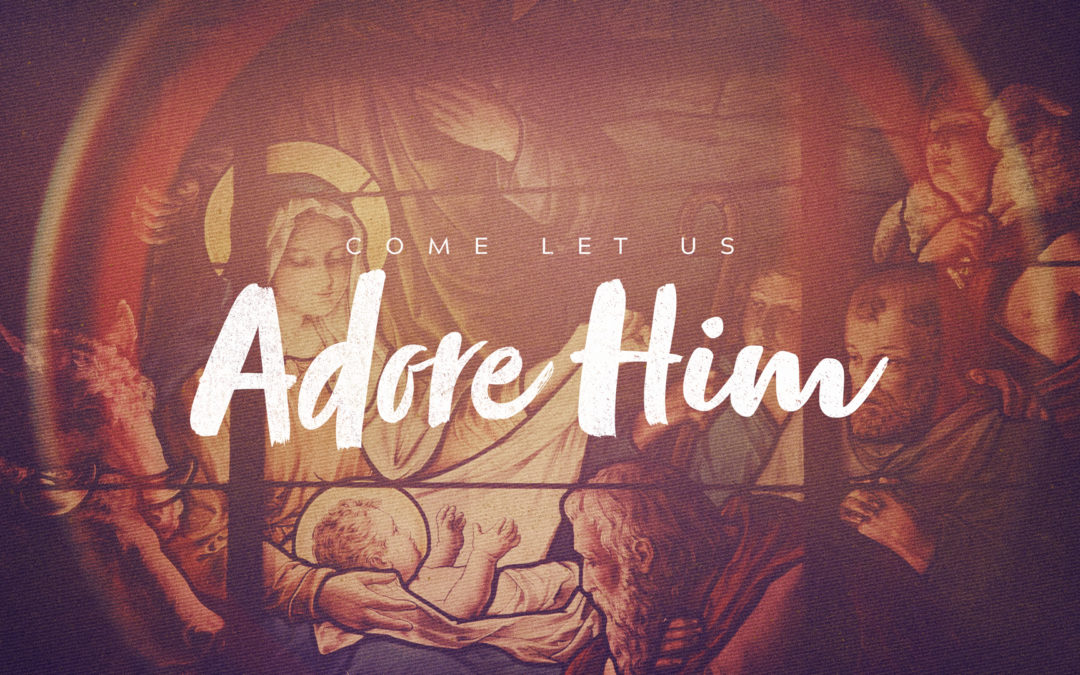The exact number vary, but experts agree that somewhere from 70 to 90 percent of all communication is nonverbal, things like facial expressions, gestures, eye contact, and posture. It seems that how we say something is a lot more impactful than what we say.
When it comes to worship, the same holds true. Our nonverbal communication matters just as much as our words. When I was a child, my dad would occasionally do a pulpit swap with a pastor from one of the African American churches in town. I loved to go with him to those churches and hear the congregation get fired up — which in turn fired up my dad’s preaching — to raise their hands, clap, shout out, and testify. I always felt sorry for the pastor that had to be back at our church, where the older, very conservative congregation would be all solemn and silent and grim. The people at the other churches, they felt something, and it showed. Stephen Miller, author of Worship Leaders, We Are Not Rock Stars, says, “Outward expressiveness in corporate worship is not the only indicator of our delight in the Lord, but it can be a telling one.”
When I think of my posture before the Lord, I generally think of an attitude of the heart, an expression of humility. But God made us physical beings for a reason: with that attitude of the heart often comes movement of our physical body. As Miller puts it, “As we experience the inward heart reality of worshiping God with all we are, our bodies reveal our heart’s condition. That is why God wants more than for us to go through the outward motions without actually worshiping. The fruit of our outward expressiveness reveals the root of our hearts.”
It’s no surprise that over and over throughout scripture we see people throwing their hands in the air as they worship or falling on their faces during an encounter with Jesus. These people had a right view of God’s holiness and their own depravity, and they were overcome by gratitude for the grace of God. There was simply no other right response to what they were experiencing than joy and humility.
Ultimately, what matters is our hearts. As God told Samuel in 1 Samuel 16:7, “For the Lord sees not as man sees: man looks on the outward appearance, but the Lord looks on the heart.” When our heart is in the right place, our posture before God will follow, not the other way around. Miller says, “Rather than forcing our hands in the air, we should ask God to draw us nearer to him and seek how he desires to be worshiped. We should plead with him to captivate our hearts and reveal any sin that might be keeping us from seeing and savoring him with all we are. God wants our hearts, not just our fake smiles, arms raised or our knees bent.”
That should give us pause: the God of the universe wants to know us and to be known by us. He desires to have a relationship with us, to have our hearts in tune with his own. He wants to make us a part of his very own family, to adopt us all as his beloved sons and daughters. And all of this despite our very best efforts to deny his grace and to fight against his sovereignty in our lives.
I always turn to the Puritans when I need a little dose of humility. I challenge you to pray earnestly through some Puritan prayers without dropping to your knees! We’ll end with one from The Valley of Vision.
“Lord, high and holy, meek and lowly, Thou hast brought me to the valley of vision, where I live in the depths but see Thee in the heights; hemmed in by mountains of sin I behold Thy glory. Let me learn by paradox that the way down is the way up, that to be low is to be high, that the broken heart is the healed heart, that the contrite spirit is the rejoicing spirit, that the repenting soul is the victorious soul, that to have nothing is to possess all, that to bear the cross is to wear the crown, that to give is to receive, that the valley is the place of vision. Lord, in the daytime stars can be seen from deepest wells, and the deeper the wells the brighter Thy stars shine; let me find Thy light in my darkness, Thy life in my death, Thy joy in my sorrow, Thy grace in my sin, Thy riches in my poverty, Thy glory in my valley. Amen.”
Written By: Jess Glass

